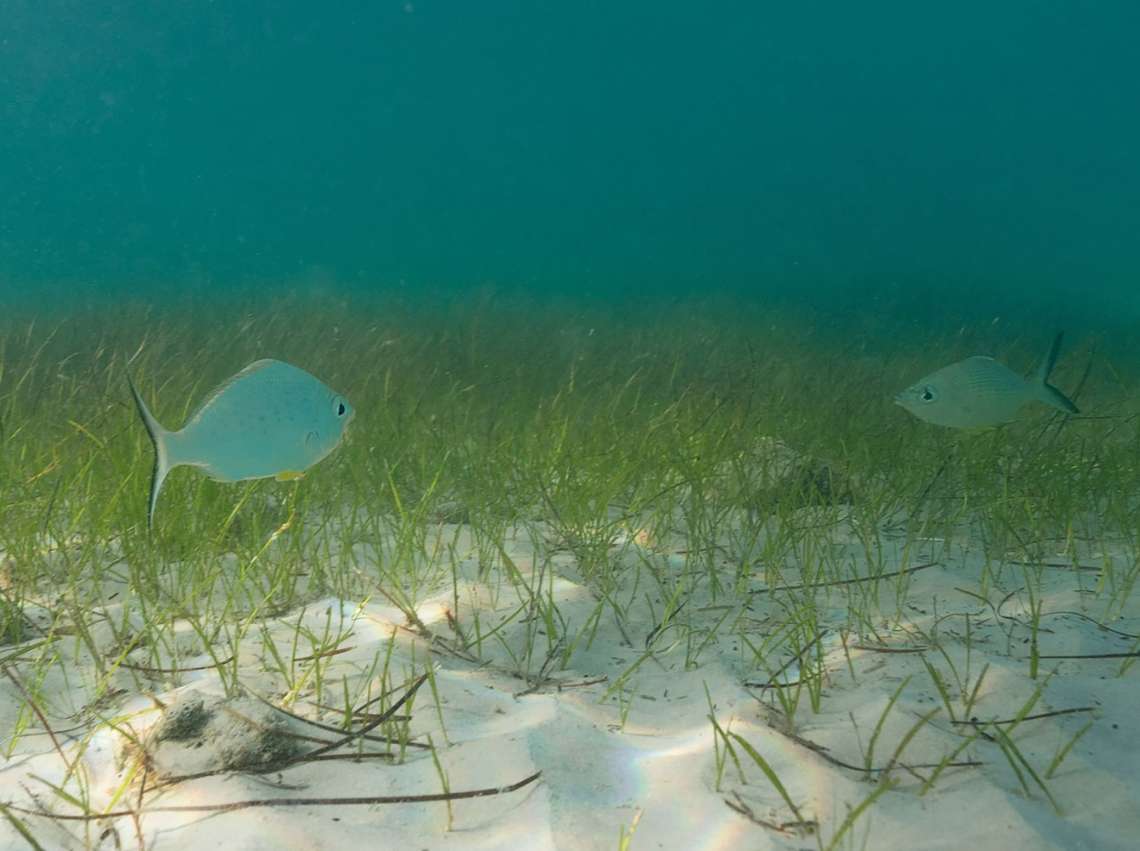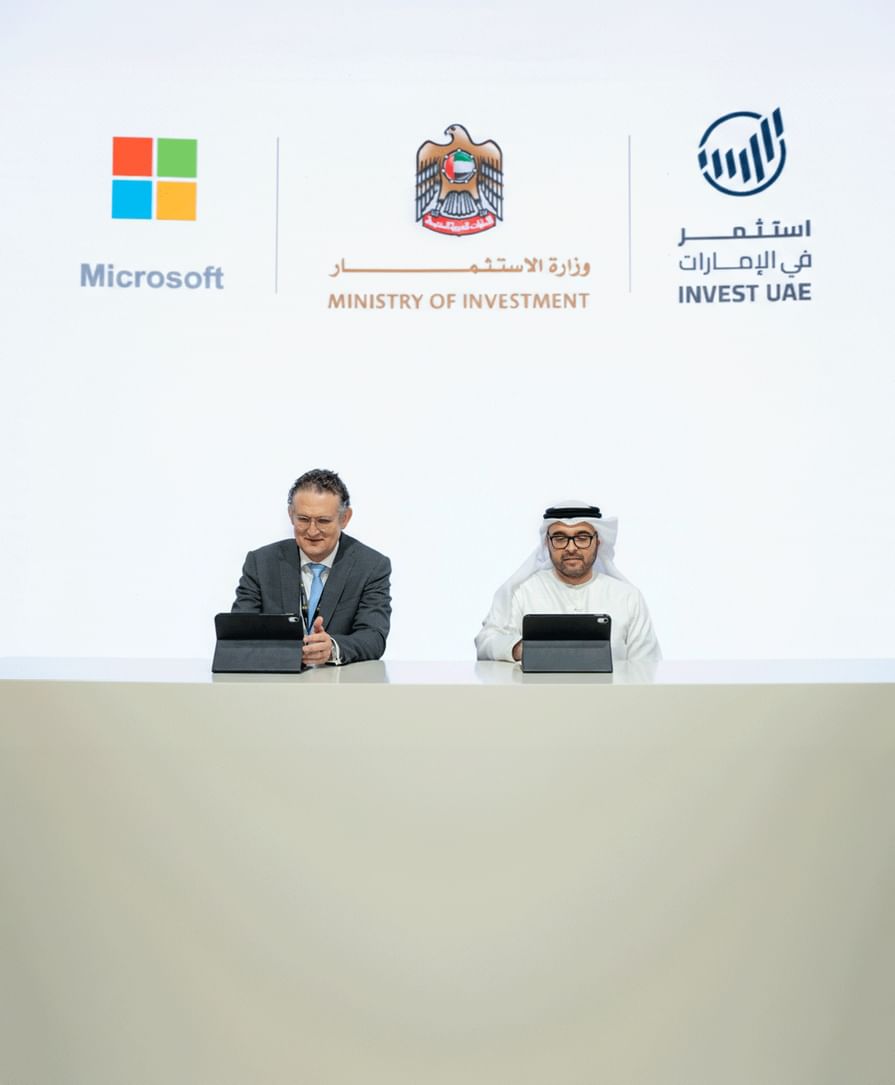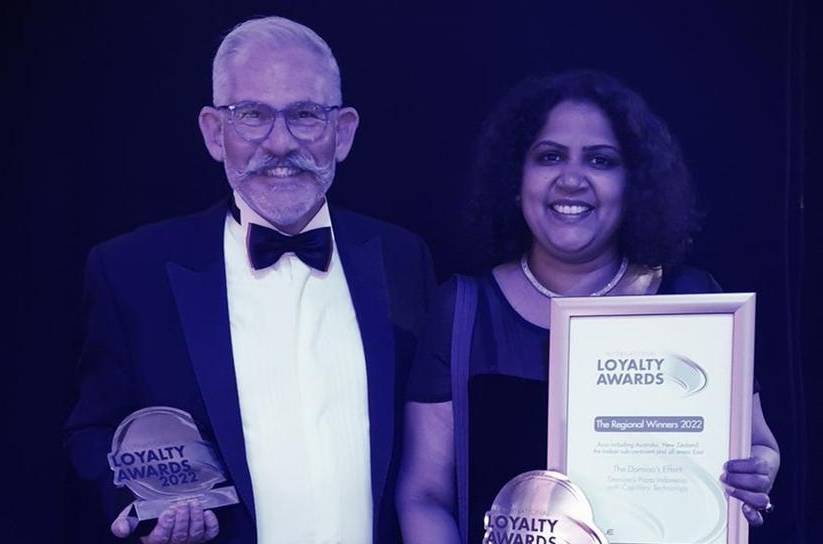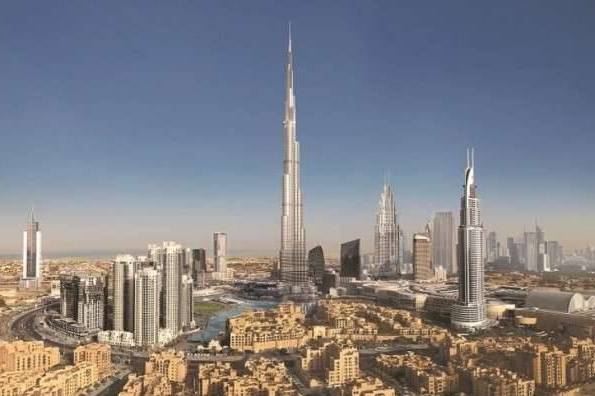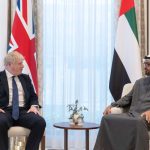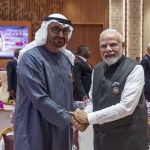A report released by the World Government Summit (WGS) urged governments in the Middle East to focus on harmonising national priorities and strategies to achieve climate neutrality…reports Asian Lite News
The report, titled “Sustainable Policies for Climate Action in the Middle East: Reaching Net Zero Targets”, outlined policy recommendations for countries in the region which would reduce greenhouse gas emissions by an estimated 80 percent if adopted.
The report, which was prepared in partnership with global management consulting firm Oliver Wyman, urged countries to take urgent climate action before arriving at “a point of no return”, by committing to a 42 percent reduction in global emissions by the end of the decade. The UAE has pledged to achieve net zero by 2050 in the Gulf region, with Saudi Arabia and Bahrain committed to meeting this target by 2060. Saudi Arabia took a significant step towards this with the “Saudi Green” initiative, which aims to reduce CO2 emissions 278 MTA by the year 2030. Qatar has also committed to reducing CO2 emissions by 25 percent by the decade’s end.
Mohamed Yousef Al Sharhan, Deputy Managing Director of the World Government Summit Organisation, said that the organisation is a global platform for governments to adopt changes that lead to a better world. The WGS also connects governments globally to help them fulfil their commitments to positively impact the community.
Al Sharhan added that the report provides a tangible opportunity for governments to make the necessary policy changes to transition to a low-carbon economy, implementing net zero initiatives for a brighter future.
Matthieu De Clercq, Partner, Oliver Wyman, and one of the report’s lead authors, said, “It is clear in the Middle East, governments have realised the importance of reducing emissions. Green technologies will provide a new platform for economic growth that can achieve both a sustainable economy and help meet the region’s net zero targets.”
To meet the goal of limiting global warming to 1.5 degrees Celsius by 2030, Oliver Wyman estimates the region needs to reduce its emissions by 42 percent, or approximately 1,325MT CO2e – the ‘emissions gap’.
According to the report, four energy-intensive sectors combined account for 85 percent of the emissions gap – energy production (39 percent), industrial (21 percent), residential and public buildings (14 percent), and transportation (11 percent) – and provide guidance on how each sector can cut emissions.
Achieving their various climate targets will be challenging for economies that have been largely dependent on oil production, with the report highlighting that the Middle East region faces the triple pressures of increasing economic diversification and global competitiveness and decarbonisation goals.
Highlighted in the report is Oliver Wyman’s Climate Action Navigator, launched in 2021, a tool designed to help policy decision-makers achieve net zero goals by navigating the relationship between global emissions targets and the levers to accomplish them. The Navigator provides specific details on potential actions, policy best practices and tools that can be used across all economic sectors and geographies to reduce emissions and meet emission targets.
For a smooth and successful transition to a low-carbon economy, the report advises governments to follow five key policy actions to meet emissions reduction goals: Invest in the development of Carbon Capture Storage (CCS) and Carbon Capture Utilisation (CCU) technologies, especially in the energy and industrial sectors; Focus on emissions reduction opportunities in the heating and cooling of buildings; Increase low-emissions power generation; Target emissions in the logistics and transportation sectors; and Increase the energy efficiency of industrial processes.
The report urges Middle Eastern policymakers to carefully map out a clear plan to transition their economies to net zero. The report states that climate action could become a regional catalyst to diversify the Middle East’s economy and unlock new pathways for sustainable growth in new fields of industry.
ALSO READ:Randa Bessiso among Most Influential Arabs
“Middle Eastern countries need to plan their transition carefully as they move to a net zero future to ensure that the move does not damage regional economic growth, especially as some economies are still largely reliant on oil and hydrocarbons,” De Clercq said.
“For this switch to be smooth, several policy tools need to be applied across each action towards achieving a robust, gradual and sustainable transition while taking into account the economic, social and fiscal structure,” he added.
The report was officially launched at WGS2022, which took place in Dubai on 29th and 30th March, 2022, under the patronage of His Highness Sheikh Mohammed bin Rashid Al Maktoum, Vice President, Prime Minister and Ruler of Dubai.


